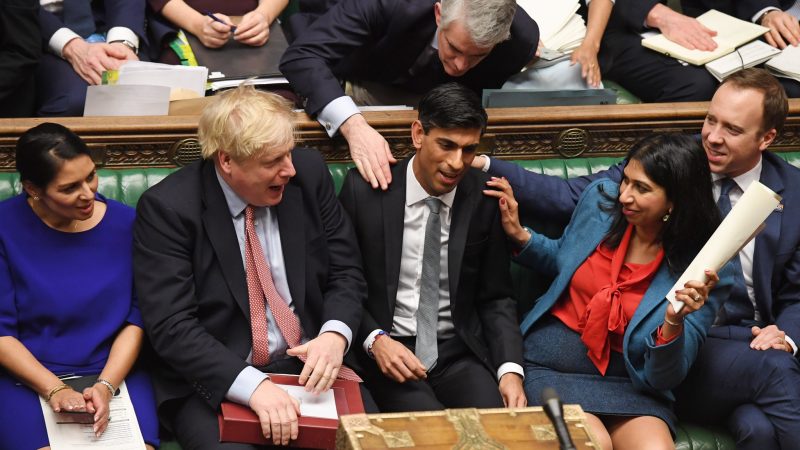
1. Perverse incentives…
The new job support scheme unveiled by Rishi Sunak today will allow businesses to apply for partial wage subsidies for their staff. Under the programme, employees must work at least 33% of their normal hours, which their employer pays for. Then the government covers a third of the pay for their unworked hours – capped at £697.92 – and their employer covers another third. As a result, the worker loses a third of the pay for their unworked hours, while the business is required to make a payment towards hours not worked.
This leaves us with a perverse incentive. The scheme will not encourage employers to cut hours rather than cut jobs because, in short, it makes it less attractive to employ more employees part-time than fewer on a full-time basis. Under the new scheme, it would cost an employer 33% more to employ two people for half their hours than one person full time, assuming an annual wage of £17,000, Torsten Bell points out.
2. It presents a new cliff edge…
One argument against the first point above, which might entice employers to hang on to a staff member, is the already announced job retention bonus. The scheme announced earlier this year means that the government makes a one-off £1,000 payment to an employer for each employee who was furloughed and remains continuously employed until January 31st. (To qualify, the employee must work at least 14 hours a week.)
Sunak has confirmed that employers can access the job support scheme he unveiled this afternoon while also taking advantage of the bonus. Employers would see a benefit in retaining the worker, as long as the cost of keeping the staff member does not exceed £1,000. But Sunak’s winter plan unveiled today simply kicks the can further down the road. When January 31st rolls around, employers will be faced with a choice between paying more for fewer hours worked or sacking staff.
3. The self-employed are short-changed again…
If you are a self-employed worker, it is pretty hard to come away from this latest announcement without feeling like you have been left out again. Sunak told the Commons this afternoon that the self-employed grant will be extended “on similar terms and conditions as the new job support scheme”. But the grant, which will now run from November to January next year, is set to cover only 20% of average monthly profits, capped at £1,875. Another grant will be brought in to cover February to April, but details are unknown as yet.
Sunak’s announcement made no reference to the three million self-employed workers who have fallen through the gaps of the government’s previous support offers in the pandemic. The Chancellor confirmed instead that the eligibility conditions outlined in the grant for the self-employed will “remain as they are, with refinements to make sure that businesses are still trading over the winter”. This means existing problems with the self-employment income support scheme, such as its discrimination against women who have recently taken maternity leave, will be carried over into this newly unveiled programme.
4. It is simply too late…
As Shadow Chancellor Anneliese Dodds highlighted in her response to Sunak’s statement, Labour has called for targeted wage support 40 times, and the government has in turn refused on 20 separate occasions over the past few months. “This comes too late for many people who have already lost their jobs,” she told MPs this afternoon.
Many employers will have made decisions about their workers already, as there has been no indication from government until this week that there would be post-furlough support. The deadline for redundancy consultations for companies with large workforces to take place before the end of the furlough scheme has already passed. As Dodds told MPs this afternoon, this date “came and went last week without a word from this government”.




More from LabourList
Josh Simons resigns as Cabinet Office minister amid investigation
‘After years of cuts, Labour’s local government settlement begins to put things right’
‘The Sherriff of Wild Westminster: what must change in elections bill’